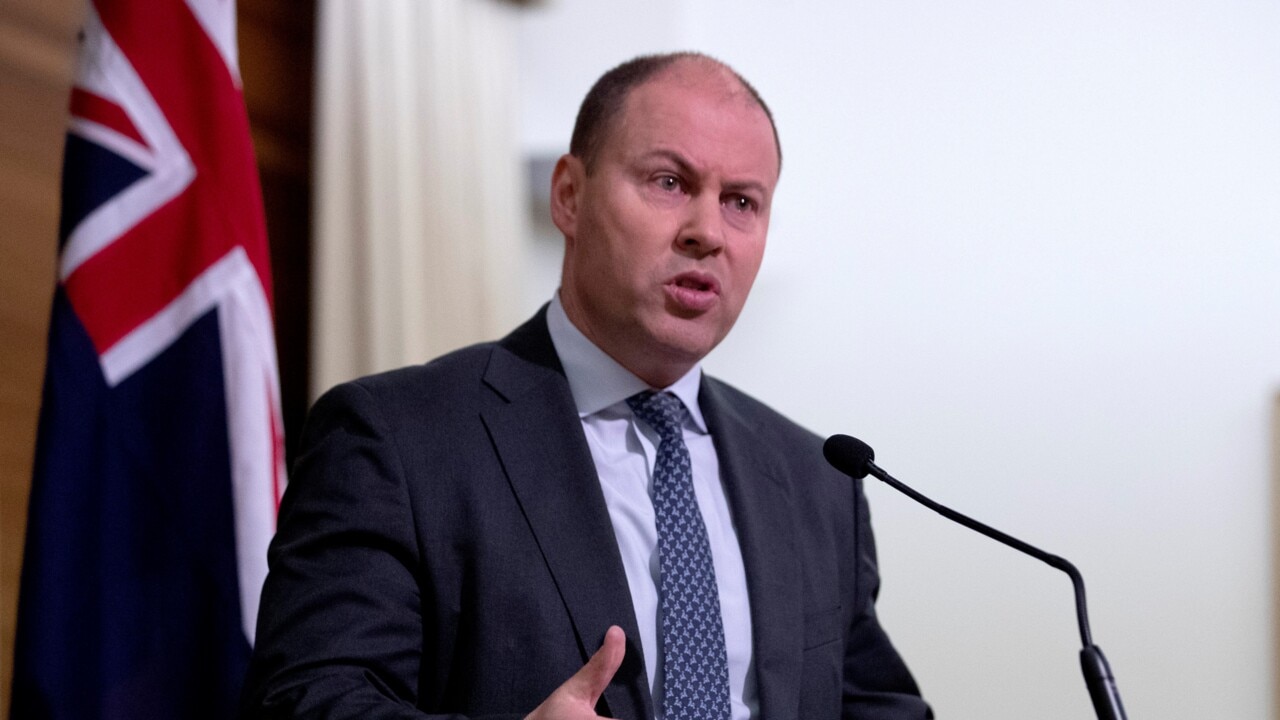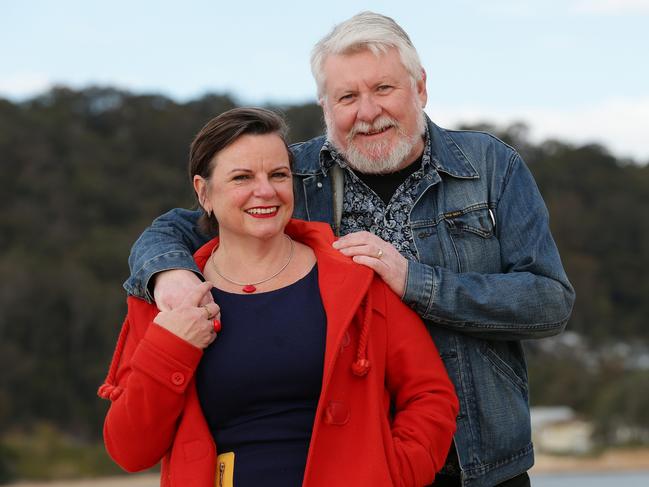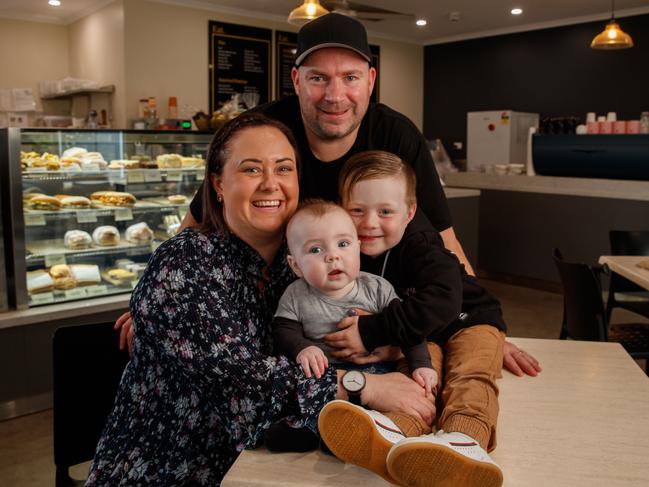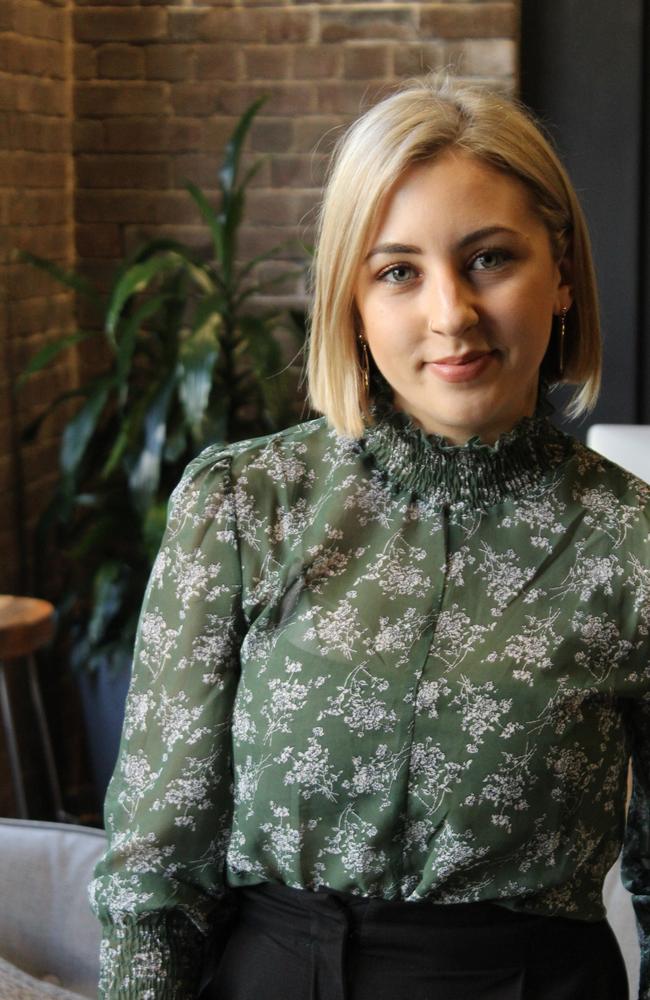Superannuation: Australians don’t have enough to retire on by 2070
As new data reveals millions of Aussie workers will not be able to afford to live when they retire from work, there are ways they can grow cash fast if they act now.

Super
Don't miss out on the headlines from Super. Followed categories will be added to My News.
- Super increase: Pros and cons according to finance experts
- The cash-strapped Aussies most likely to access early super
Barely half of all Australians will be able to self fund their retirement by 2070, new modelling shows.
Projections by actuaries Rice Warner show the latest generation of workers — just starting out in their chosen profession — only has a 50-50 chance of not having to rely on any age pension.
The alarming outlook is compounded by the more than $33 billion that has been withdrawn through the COVID-19 early release superannuation scheme and anticipated negative fund returns.
Rice Warner forecasts almost 53 per cent of retirees will be fully self-funded in 2070 — despite half a century of compulsory super savings.
That’s more than the 31 per cent of self-funded retirees in Australia today but means millions of young adults starting their working lives will still need age pension safety nets.

Rice Warner tips the proportion of people on full age pensions to drop from 49.1 per cent in 2020 to 27.4 per cent by 2070, and retirees receiving a part pension to remain near 20 per cent.
It comes as debate rages about whether the Federal Government should lift compulsory super from its current level of 9.5 per cent.
It also follows a News Corporation investigation that found Australians are paying more in superannuation fees every year than they collectively spend “on power bills” — a gouge that is lining the coffers of fund bosses.
Financial strategist Theo Marinis said superannuation was designed to supplement age pension payments and produced wealthier retirees who boosted the economy with their spending.
“It was never meant to get rid of Centrelink – it was meant to reduce your reliance on Centrelink,” he said.
“If you’re on a low income you will never build up enough to be totally self-reliant but you will be better off than just the pension.
“Thirty or forty years ago you were only on an age pension and relied on the government for everything.”
Younger and low-income workers have withdrawn the most super through the early release scheme, with many wiping out entire balances that were built up from employer compulsory Superannuation Guarantee (SG) payments.
“If you’ve taken money out, think of it as a loan from yourself, and repay it back when you can,” Mr Marinis said. “It’s not somebody else’s money – it’s yours.”
Rice Warner executive director Michael Rice said there might be tax incentives to help workers reinject super they had withdrawn, but not everybody would use them.
“There will always be a group of people who can’t save enough for retirement, either through periods of illness, unemployment or bad luck,” he said.
“The SG would need to be between 15 per cent and 20 per cent to give everyone a comfortable retirement and not have any age pension.”
That looks impossible, as industry and the Federal Government arm wrestle over whether to lift compulsory super to 10 per cent next July and then up to 12 per cent by 2025.
Shadow Treasurer Jim Chalmers said the rate should increase to 12 per cent.
“It’s clear that Scott Morrison is laying the groundwork to break his election promise to safeguard the retirement of Australians,” he said.
“The Liberals have opposed every increase in the superannuation guarantee since its inception, and after months of denials and delays they’re at it again.
“The last time the Liberals and Nationals froze the superannuation guarantee, wages growth didn’t pick up – instead we got record low wages growth.”
Assistant Minister for Superannuation Jane Hume said the Prime Minister and Treasurer were “carefully considering the economic environment and the balance of all measures undertaken”.
“I am aware of broad commentary of everybody from the Reserve Bank who’ve said that continuing the super guarantee increase would be bad for employment, to Cassandra Goldie from ACOSS who said that for people on lower incomes who struggle to meet the basics of life, the benefits of the rise in super guarantee are ‘not so clear’,” she said.
“People’s jobs and livelihoods are at risk … we know that the best contributor to security in retirement is a job.
“As the legislation doesn’t come into effect until next year there is no haste to make any decisions, and we hope that by then we are looking at a very different economic environment.”
‘WE TOOK OUR SUPER EARLY’
Like millions of Australians, Kelly and Darren Townsend withdrew money from their superannuation after COVID-19 hit hard in March.
The virus’s timing made a tricky situation even tougher for the Strathalbyn couple.
They were in the middle of buying a business, Wistow Bakery & Cafe in the Adelaide Hills, Mr Townsend had lost his job at a vineyard and Mrs Townsend had just given birth to son Casey.
“I walked out of hospital the day they brought in all the restrictions,” Mrs Townsend said.
“We were wondering what was going to happen with our employment – but you get up and get on with it,” she said.
The business purchase was meant to settle on May 4 “but the previous owners were very understanding and we moved settlement to July 20”, Mrs Townsend said.
She said the bakery and cafe had previously been operating well and had continued that way since they took over, and they planned to rebuild their super.
“In the previous 12 months we were putting additional money into super, and as things move forward and we start to recover we will try to top it up as much as we can.
“Our financial adviser Jason Zanini has been guiding us through this process.”

‘AN IMPOSSIBLE GOAL’
Fiona Dunn thinks saving enough money in superannuation to become a self-funded retiree “seems like an impossible goal”.
The 25-year-old, who works as a producer at a Sydney music studio, has been in the workforce full-time for four years and said juggling rent and other current living expenses meant retirement 40 or 50 years from now was far from the minds of young adults.
Ms Dunn already takes a greater interest in her super than many people aged in their 20s, having consolidated her accounts to save money on fees.

“My super was all over the place in at four different funds – I’m in one fund now,” she said.
She expects the age pension to remain as a financial safety net for decades.
“It’s incredibly important for a functioning society, and I think there has to be a pension for those who haven’t had the same opportunities that other Australians get,” she said.
Ms Dunn said superannuation and tax should be topics taught at schools.
“Otherwise you are sending people out in the world to jobs and they don’t know anything about controlling their money,” she said.
